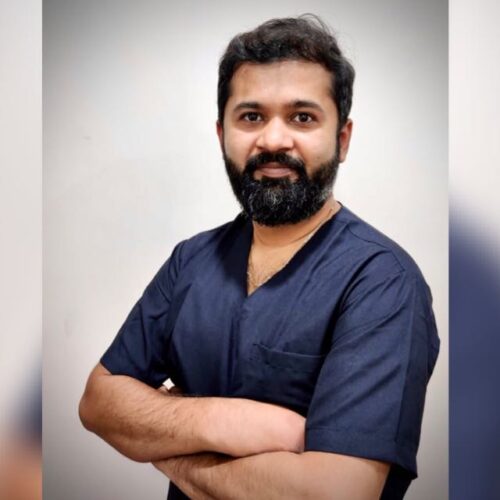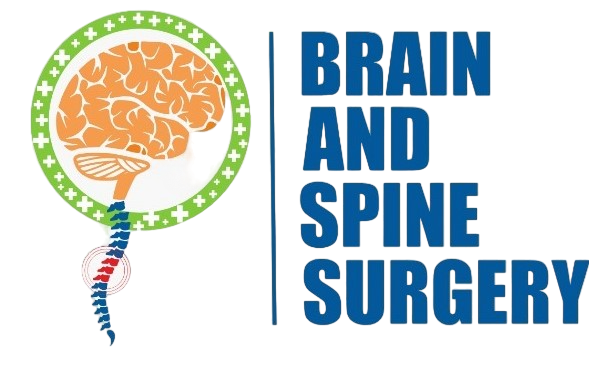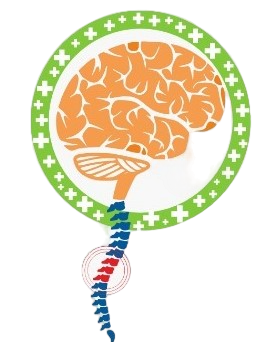Schizophrenia
Schizophrenia is a serious mental disorder that affects a person’s ability to think, feel, and behave clearly. It has three main types of symptoms: positive, negative, and cognitive. Antipsychotic medications are usually the first choice of treatment. However, patients with treatment-resistant schizophrenia may benefit from a different approach called deep brain stimulation surgery.
Characteristics of schizophrenia:
- Difficulty organizing thoughts and speech. This can make it hard to communicate effectively.
- Abnormal movements or behaviours. Catatonia is a state of motor immobility or excessive motor activity.
- A reduction in normal emotions and behaviours, such as a lack of motivation, interest, or pleasure in activities.
- It can make it difficult to maintain relationships, hold a job, and live independently.
- Some people may experience a brief episode of psychosis, while others may have more chronic symptoms.
Types of Schizophrenia:
- Paranoid schizophrenia: People with this type of schizophrenia have delusions, particularly those of persecution or grandeur.
- Disorganized schizophrenia: People have disorganized thinking and speech, as well as flat or inappropriate affect.
- Catatonic schizophrenia: People with this type of schizophrenia have motor disturbances, such as stupor, catalepsy, and waxy flexibility.
- Residual schizophrenia: People have mild symptoms that persist over time.
- Undifferentiated schizophrenia: This type of schizophrenia was used for people who had symptoms of schizophrenia but did not meet the criteria for any of the other subtypes.
DBS surgery for schizophrenia, also referred to as deep brain stimulation schizophrenia or DBS schizophrenia, is a neurosurgical procedure that involves implanting electrodes into specific areas of the brain.
These electrodes offer a potential solution for individuals with treatment-resistant schizophrenia, as they can help alleviate symptoms and improve overall quality of life.
By targeting specific areas of the brain, these electrodes can provide a more targeted and effective approach to treatment, offering hope for those struggling with this condition.
Overall, DBS surgery for schizophrenia holds promise as a potential treatment option for patients who have not responded to conventional therapies. We understand that choosing the right treatment is a significant decision thus we’re here to help you. Please don’t hesitate to contact us with your concerns or questions.
FAQ
1. What are the causes of schizophrenia?
While the exact cause of schizophrenia is still unclear, it’s like a mix-up of different factors, like genes, environment, and lifestyle. People who have a family history of the disorder might be more likely to develop it if they experience stressful events, trauma, or drug use.
2. How do doctors figure out if someone has schizophrenia?
Well, there’s no one-size-fits-all test for schizophrenia, but usually, it involves talking to a psychiatrist and maybe even your family members. The doctor will rule out other possible causes of your symptoms, like drug use, medication, or other medical conditions that might mimic schizophrenia.
3. Is Schizophrenia a Personality Disorder?
No, schizophrenia is not a personality disorder. It is a mental illness that affects how a person thinks, feels, and behaves. Personality disorders are characterized by inflexible patterns of thinking, feeling, and behaving that deviate from expectations. While there may be some overlap in symptoms between schizophrenia and personality disorders, they are distinct disorders with different causes and treatments.
Awesome Doctors for Medical and Health

Dr Himanshu Champaneri
Neurosurgeon
Dr Himanshu Champaneri is a neurosurgeon at Gurugram, Delhi NCR, attached with Marengo Asia Hospitals. He serves as a Senior Consultant and leads the Functional, Epilepsy & Endoscopic Neurosurgery (FEENS) services for the Marengo Asia Health Care Hospitals.



Leave a Reply